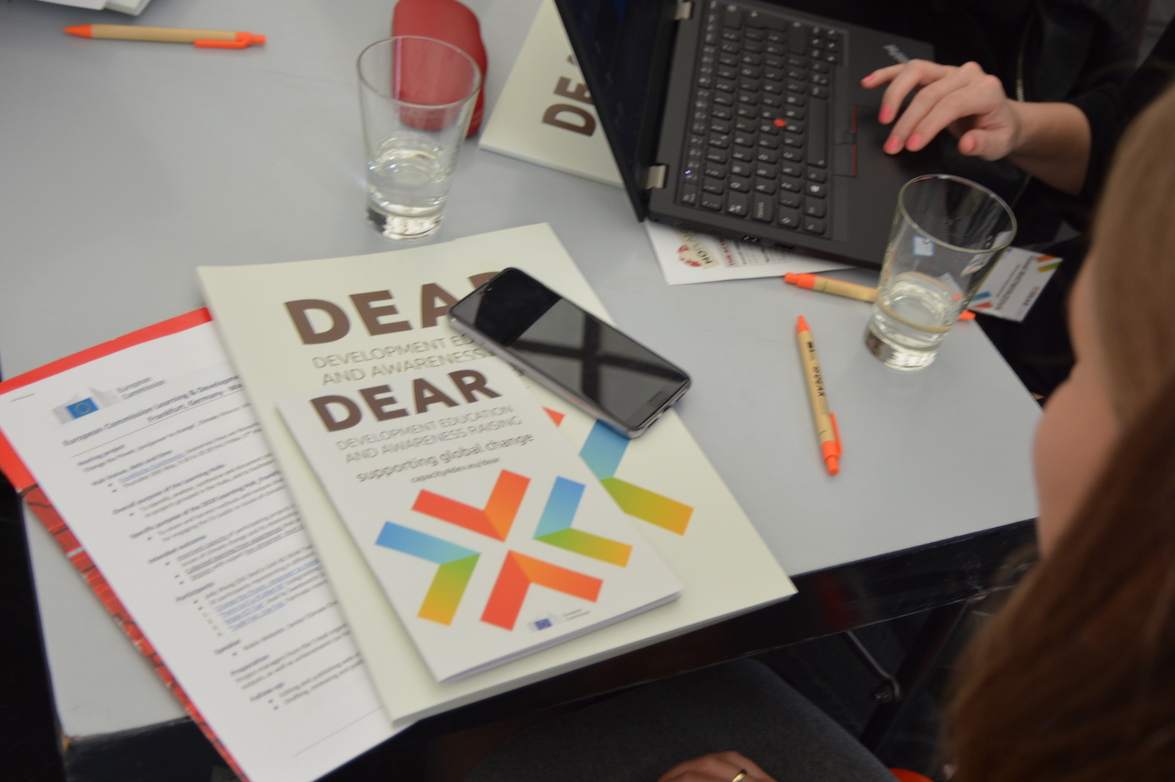Communicating on Climate Change for Action
News details
Effective communication on climate change can be problematic. The science is complex, its effects often distant, and the ultimate message is just too scary. How do we overcome these challenges to communicate effectively and encourage audiences to take action?
Identifying the values of the audience your project seeks to influence, understanding their motivations and interests – their values – is a crucial first step to successful take up of your message, according to Robin Webster from the UK’s Climate Outreach.
“Don’t go from the numbers down – go from the values up,” said Ms Webster, Senior Climate Change Engagement Specialist. “People’s values, who they are, what they care about – listen to them first. Then, when you discover who people are, you can start to influence them.”
At a recent event organised by the Development Education and Awareness Raising Programme in Frankfurt, Ms Webster explained her organisation’s principles for Effective Climate Change Communication to representatives from assembled DEAR projects working on climate change issues across Europe.
“To achieve the kind of transformative change we need to impact climate change, we really need people to understand the issues in their hearts – some kind of intrinsic motivation,” added Ms Webster.
Intrinsic values are those that are central to our sense of self, like our families, pets or hobbies. While extrinsic values are typically related to success – a new job, more money or better holidays. By appealing to an audience’s intrinsic or core values, messages and calls to action are more likely to have impact, according to Ms Webster, and trigger lifestyle change.
Of course, other communication choices need to be taken into account too – such as the importance of choosing a trusted messenger, who is sincere and has no vested interest in the change you’re seeking to affect.
And when delivering a message that might be difficult to hear, it’s always important for your audience to feel part of the solution. Climate change messages are easier to absorb when coupled with affirmations of humanity’s ability to overcome and find solutions to problems. A bit like a best friend softening bad news with: ‘you can do this, it’s going to be okay’.
The EU DEAR Programme funds as many as 45 projects taking place in multiple countries across Europe at any one time. As EU populations’ interest in climate issues has grown over recent years, so has the number of DEAR projects working on this issue.
With local action, DEAR projects are supporting global change to protect our environment and support the internationally agreed Sustainable Development Goals.
Robin Webster's presentation is attached below. The unedited, live-webstreamed version of the presentation can be viewed here.
/ end

Log in with your EU Login account to post or comment on the platform.